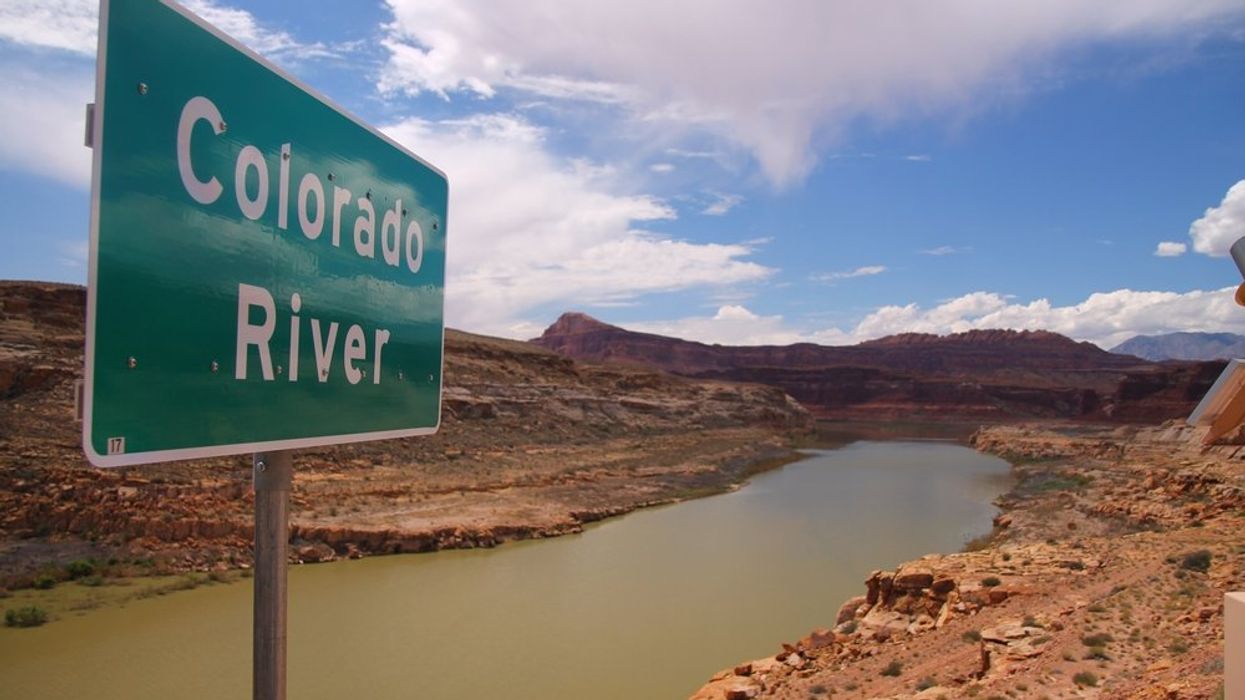Amidst ongoing droughts, the Colorado River has become a hot button topic on the West Coast, with several communities and businesses vying for access. For the Navajo Nation, it is a fight for the ability to represent themselves.
Spanning 27,000 miles across Arizona, New Mexico, and Utah, the Navajo Nation reservation is home to 170,000 people, a third of whom lack access to clean drinking water, according to the tribe. Thousands live without running water, and have to drive miles to refill jugs for bathing, cleaning, cooking, and drinking.
States recently debated how to limit use of the Colorado River as its supplies dwindle. The river flows alongside the northwestern border of the Navajo Nation reservation, who have not been permitted to represent themselves amongst government discussions. The tribe says that they have been blocked by federal courts, who claim that they represent Native tribes during land and water disputes.
The federal government's blockage stems from the Navajo Treaty of 1868 and other policies from when Native Americans were forced onto reservations during westward expansion, as Heather Tanana, law professor at the University of Utah and citizen of Navajo Nation, told NPR.
"When they established these reservations, that came with the promise that those lands would be permanent homelands for the tribe and their people," she explained. "And I think everyone would agree you can't have a homeland of any kind without water."
The government has argued that while they maintain the right to make decisions for the tribe and delegate them to certain land, they are still not responsible for constructing infrastructure such as roads or water pipes on that land.
The Supreme Court heard arguments for the case Monday, but Tanana said that even a ruling in favor of the tribe would not guarantee water access to members who lack it. However, it would be a groundbreaking step forward for Indigenous self determination.
"There isn't enough water," Tanana said. "But that doesn't mean that the Navajo Nation does not have valid rights that should be enforced, that they should have the ability to develop their water and then play on the same level with every other stakeholder in the basin."
- Indigenous Communities Once Again Criticize Avatar for Harmful Stereotypes ›
- Indigenous Land Acknowledgements Have Native Activists Split ›
- Indigenous Waters Could Receive Protection — Just Not For Drinking | AdvocateChannel.com ›
- Supreme Court Denies Navajo Nation Clean Drinking Water Access ›



















































